Alphabet Recognition Worksheets for 4-Year-Olds - Page 3
64 filtered results
-
From - To
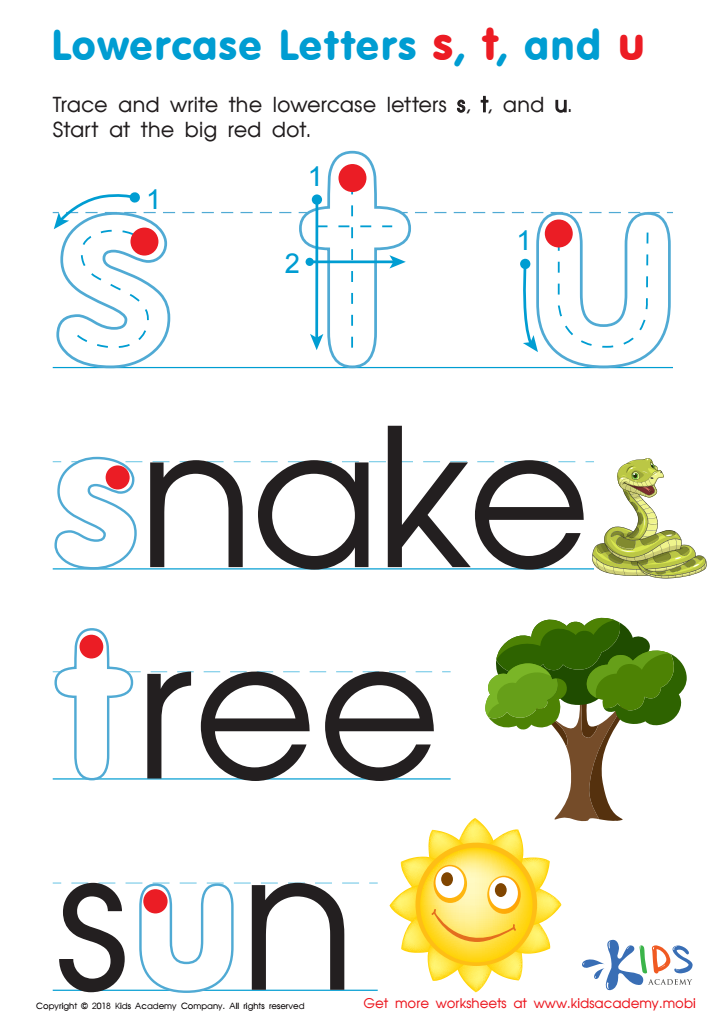

Lowercase Letters s t u Worksheet
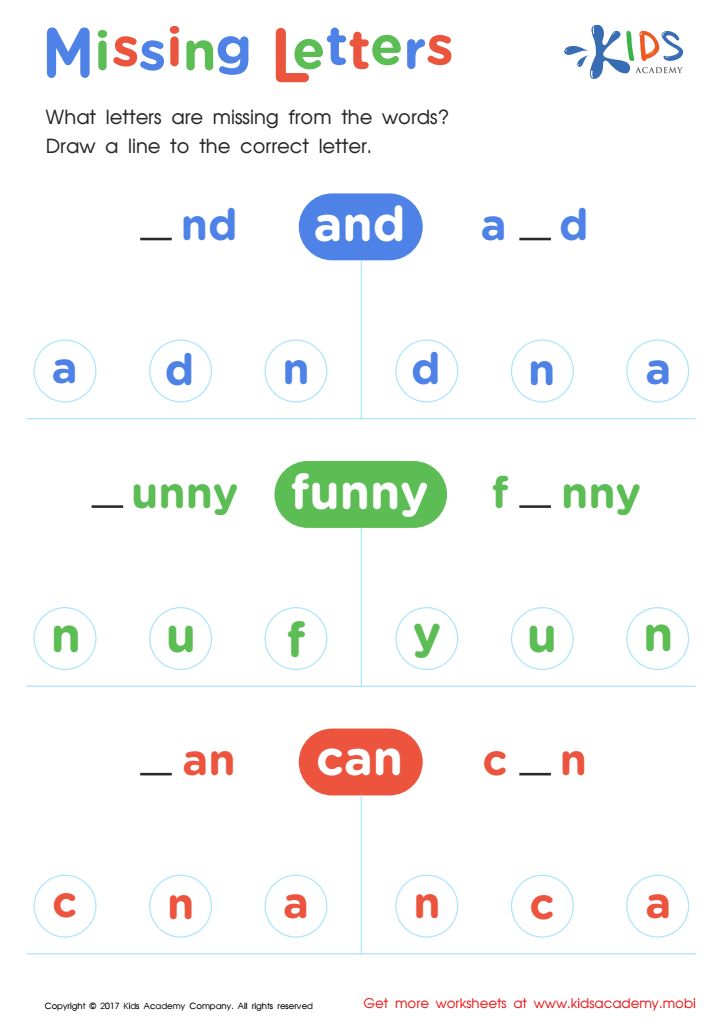

Missing Letters Worksheet
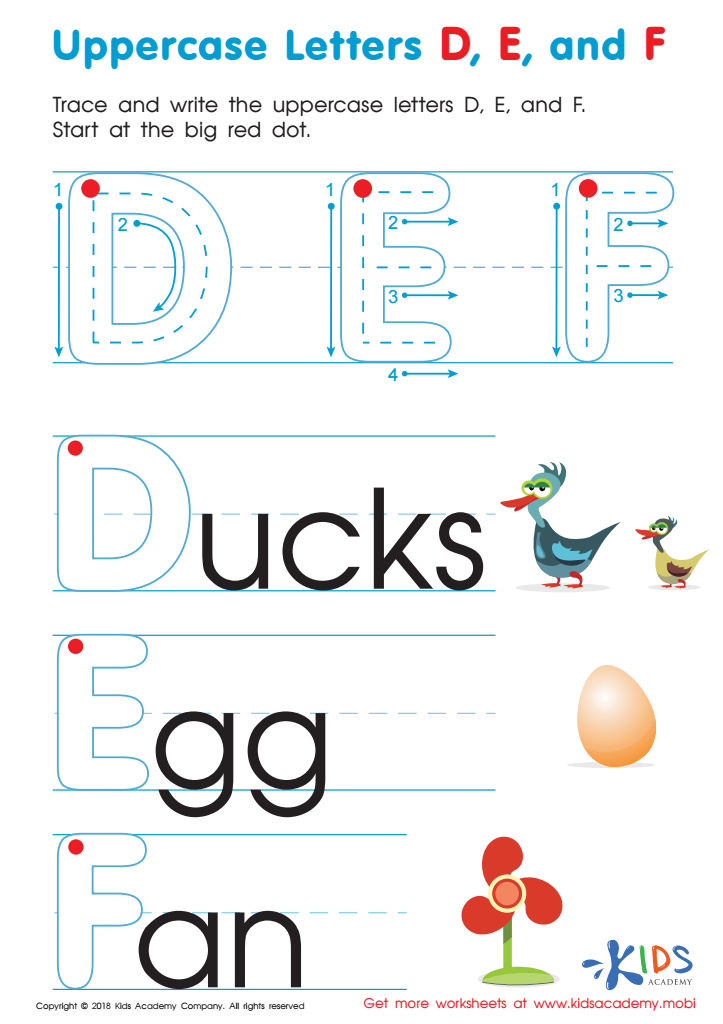

Uppercase Letters D, E, and F Worksheet
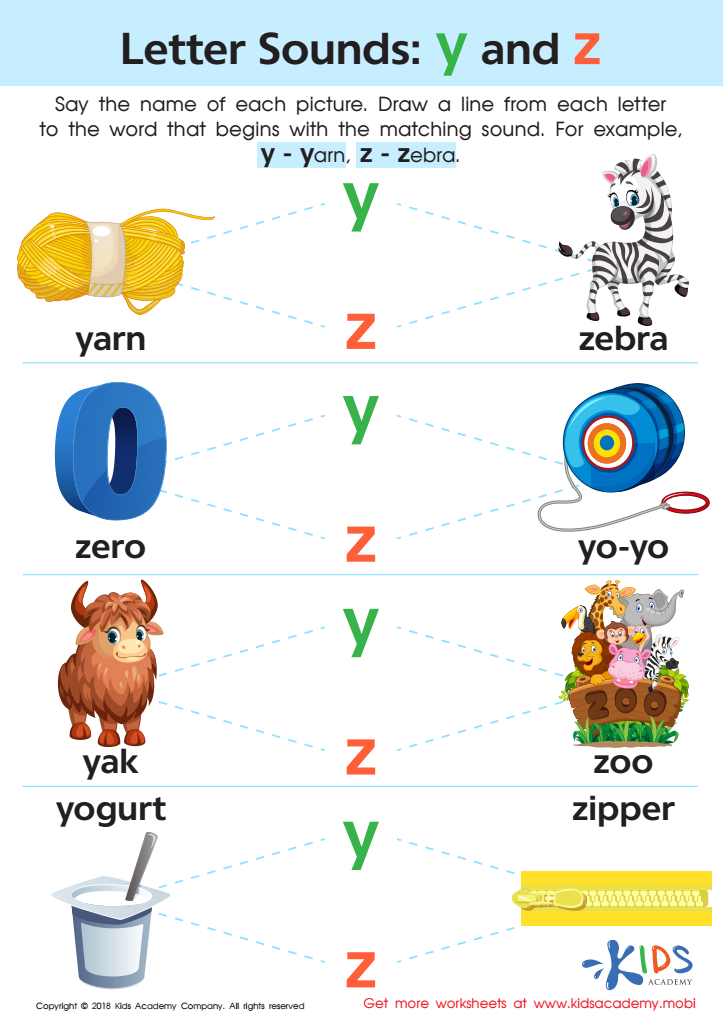

Letter Y and Z Sounds Worksheet
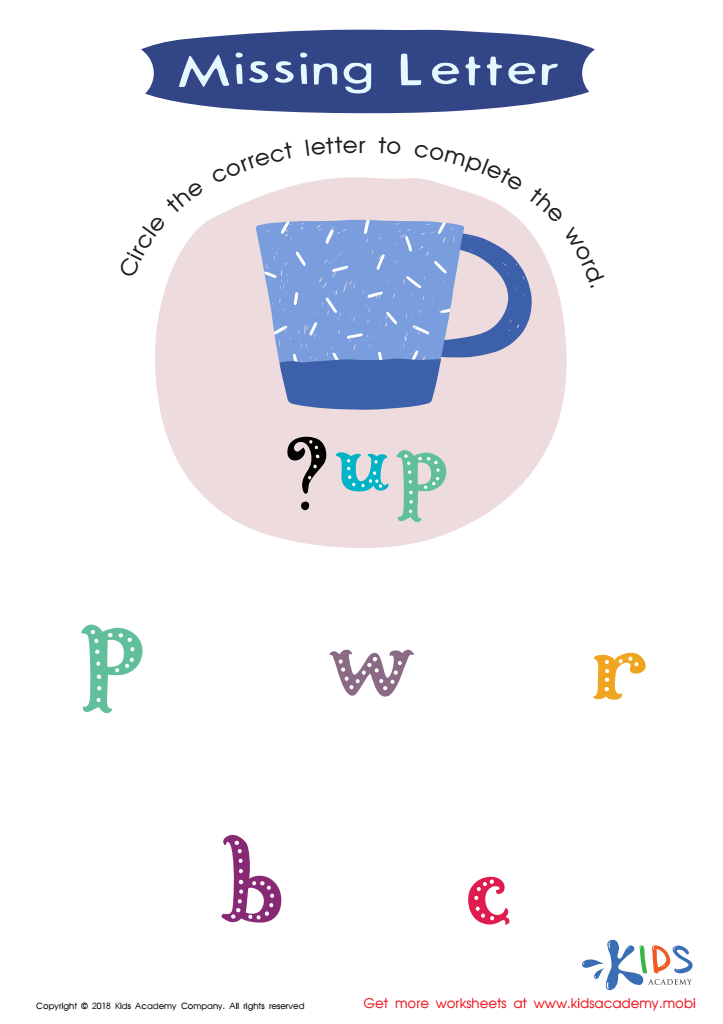

Missing Letter Worksheet
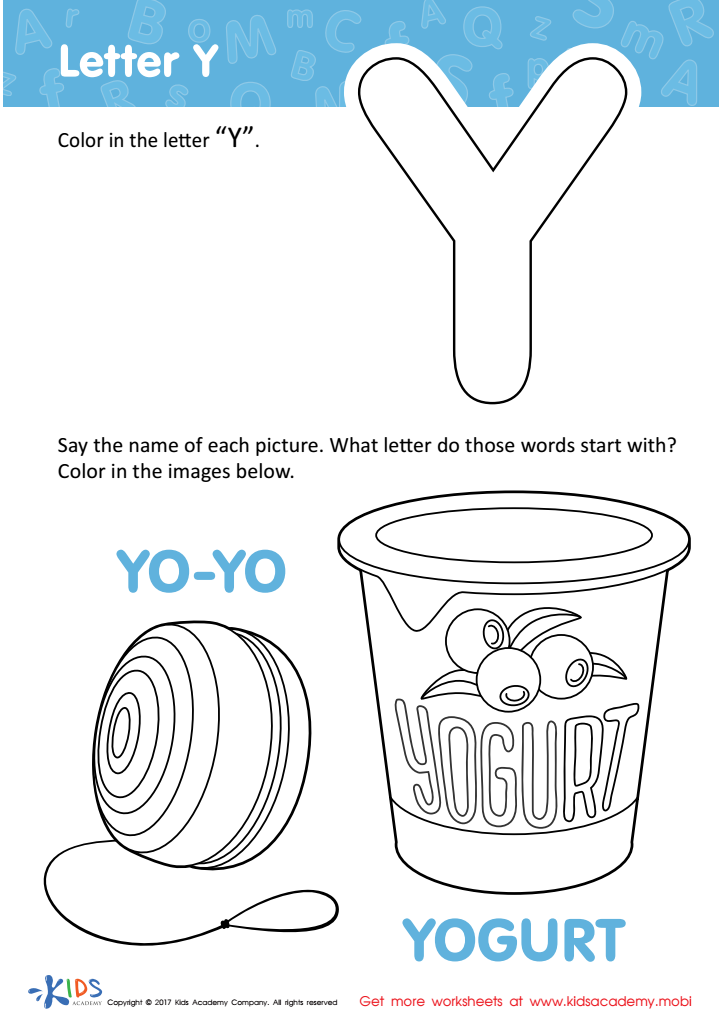

Letter Y Coloring Sheet
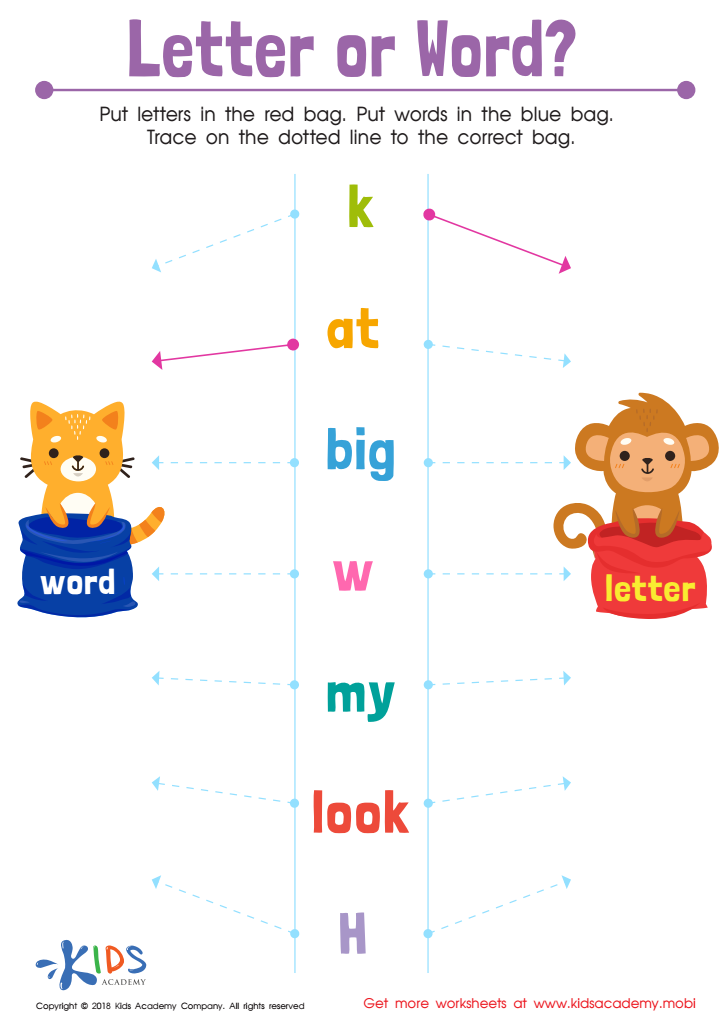

Letter or Word? Worksheet
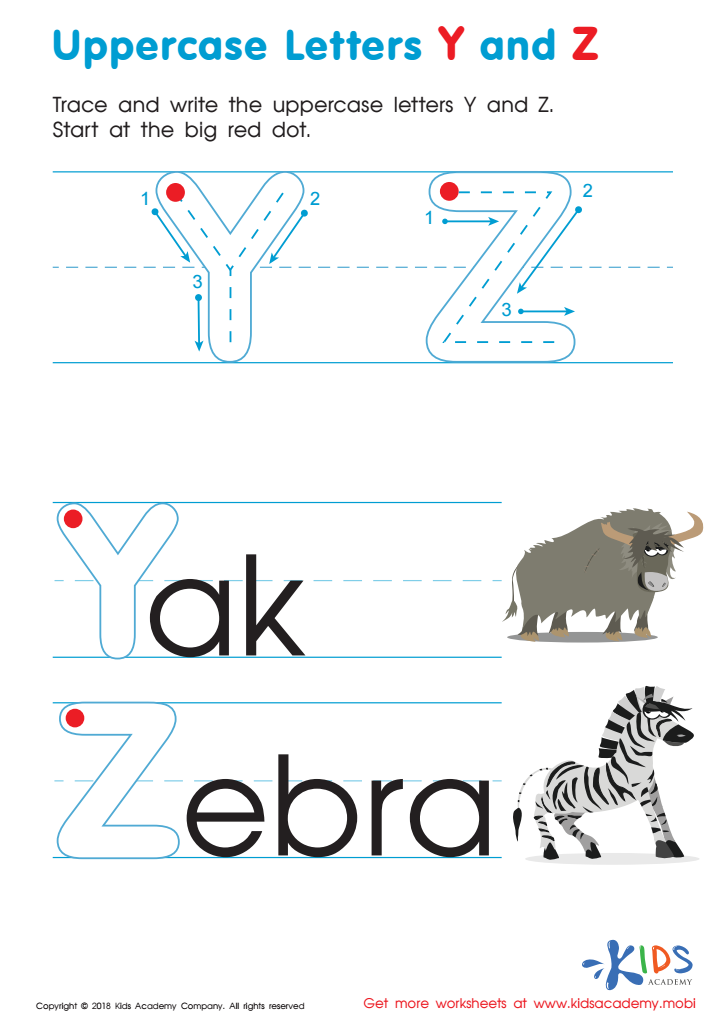

Uppercase Letters Y Z Worksheet
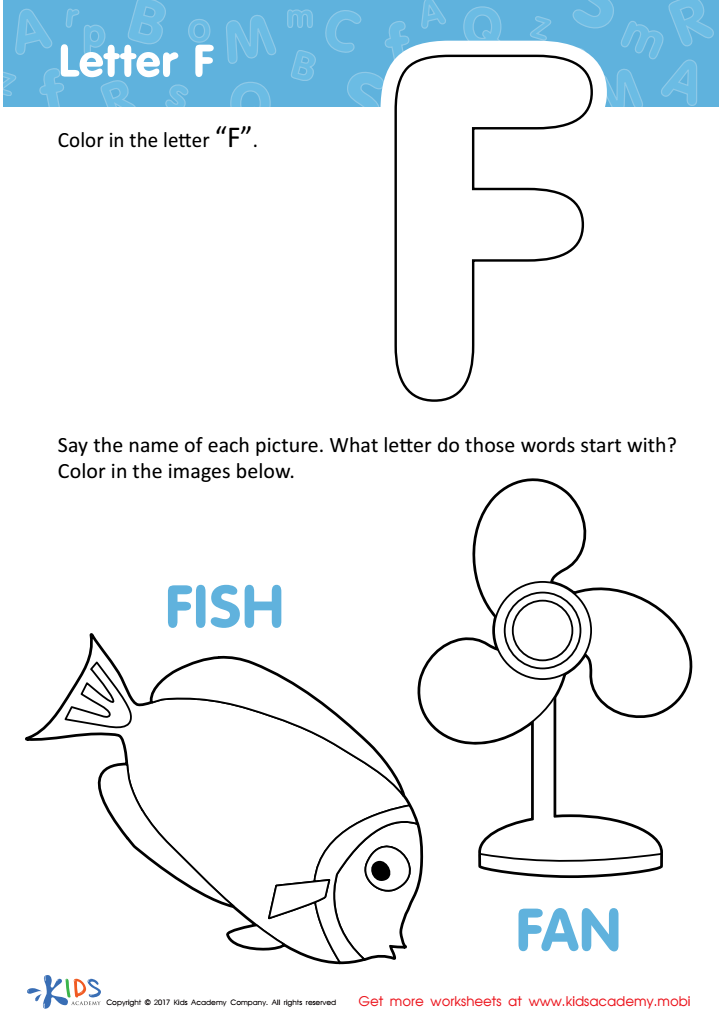

Letter F Coloring Sheet
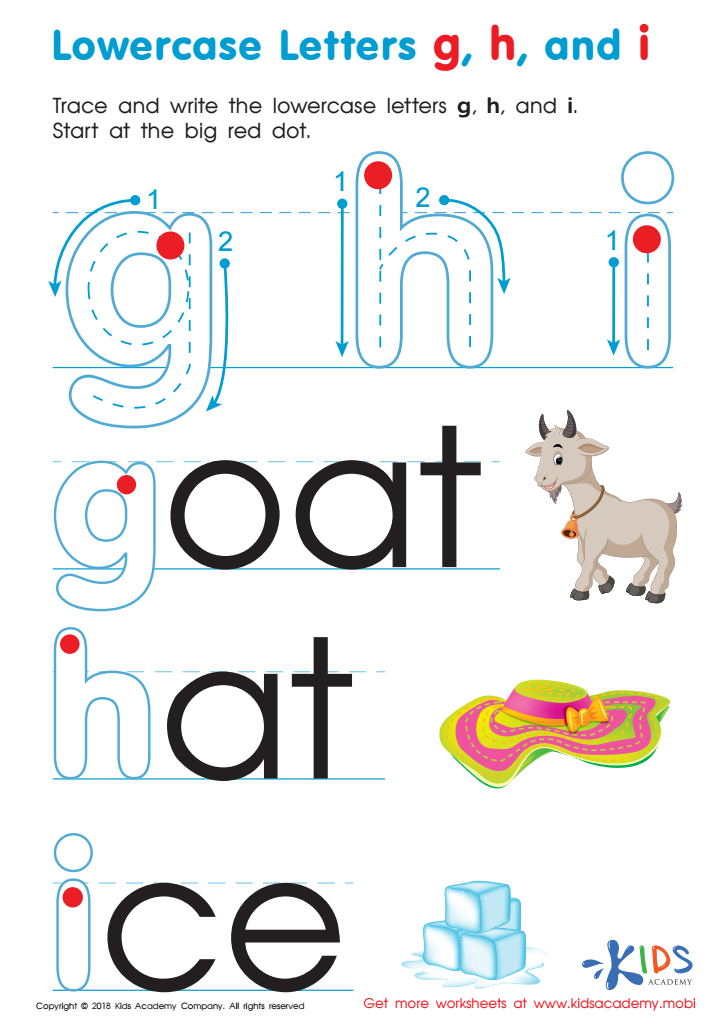

Lowercase Letters g h i Worksheet
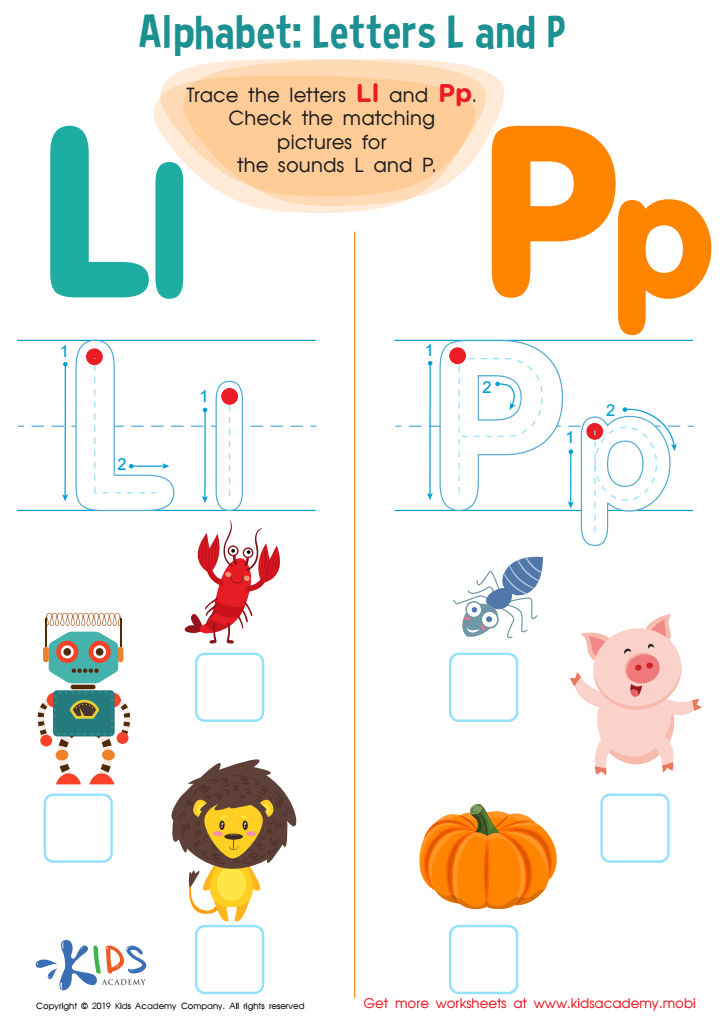

Letter L and P Tracing Worksheet
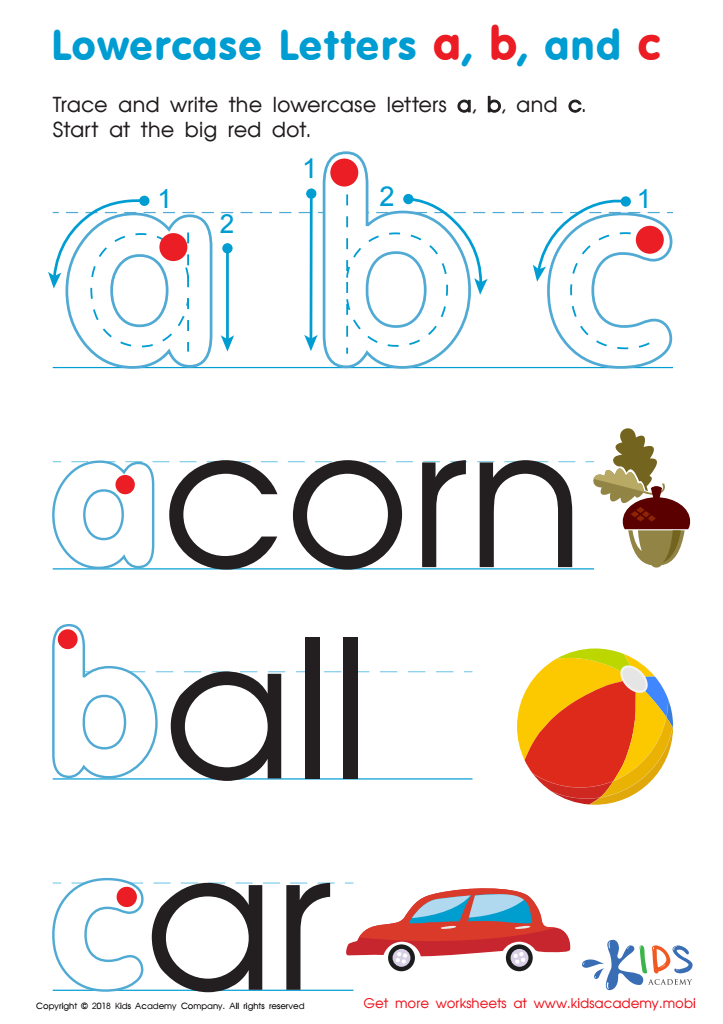

Lowercase Letters a b c Worksheet
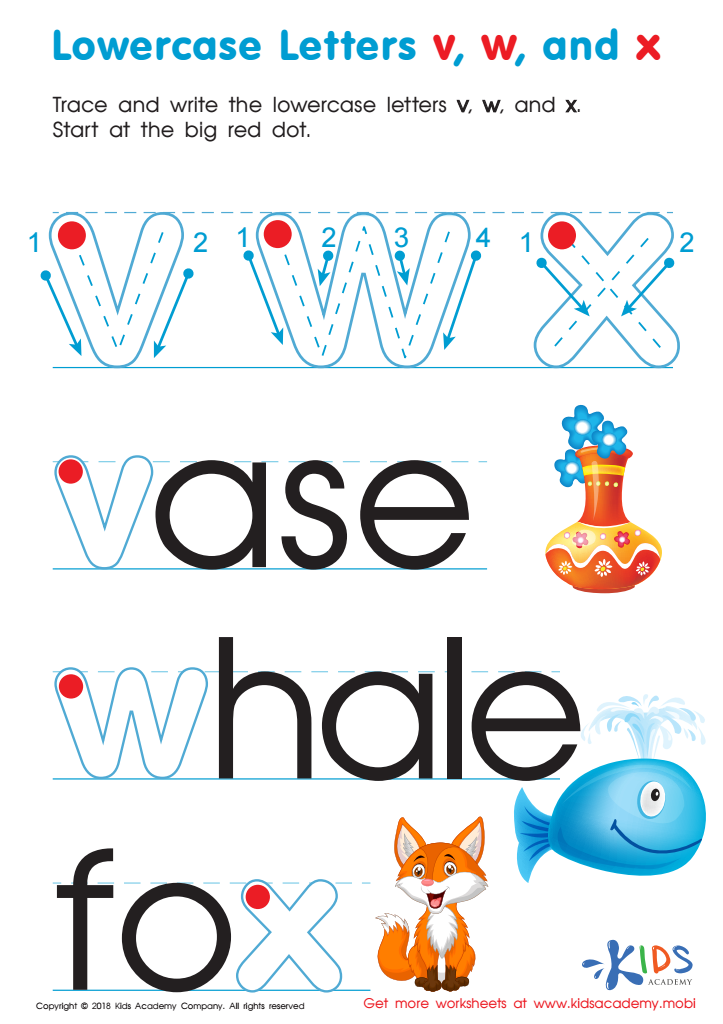

Lowercase Letters v w x Worksheet
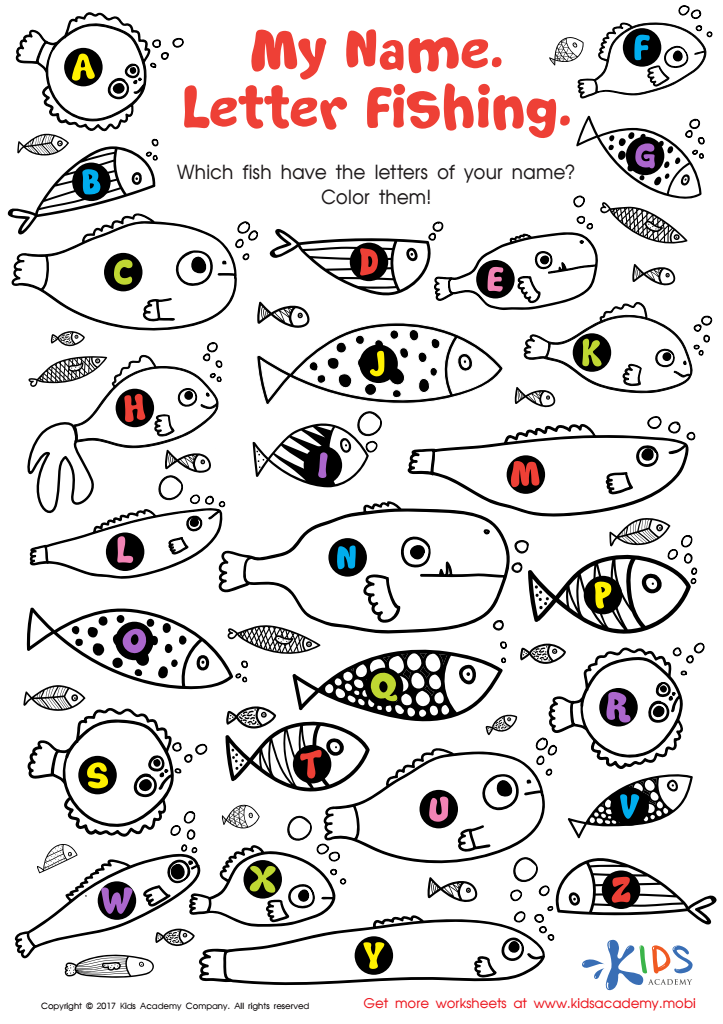

My Name: Letter Fishing Worksheet
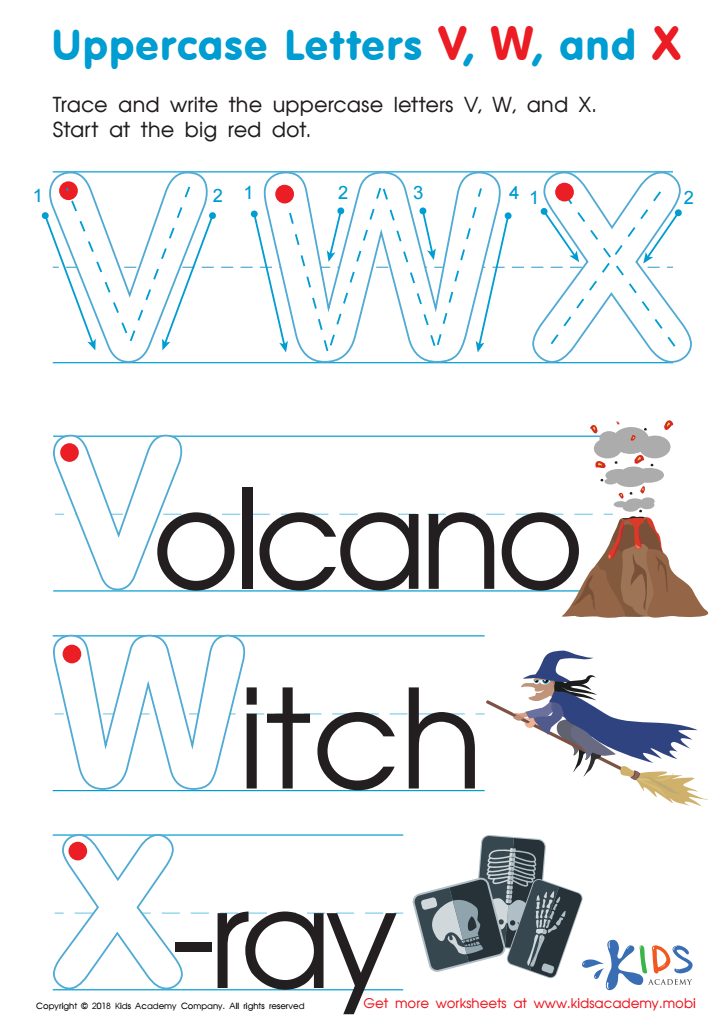

Uppercase Letters V, W, and X Worksheet
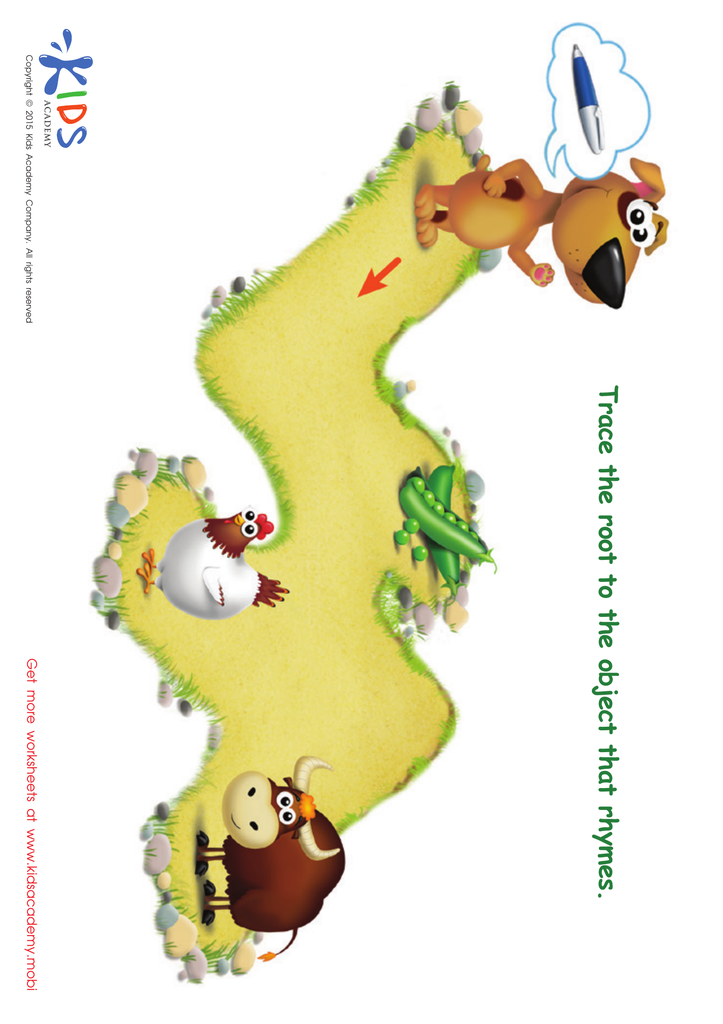

Pen Rhyming Words Worksheet
Alphabet recognition is a foundational skill for young children that sets the stage for future literacy and academic success. For 4-year-olds, engaging with the alphabet introduces them to the letters that form the building blocks of words. This early introduction is crucial because it enhances their ability to recognize letters, which is the first step toward learning to read and write.
Research has shown that early literacy skills, including alphabet recognition, are strong predictors of later reading and writing abilities. When children recognize and can name letters, they are better prepared to understand the sounds associated with those letters, a skill known as phonemic awareness. This awareness is essential for decoding words when reading and for spelling when writing.
For parents and teachers, fostering alphabet recognition should be a priority because it directly impacts a child's ability to perform well in school. Early mastery of the alphabet can also boost a child's confidence and enthusiasm for learning, creating a positive feedback loop that encourages ongoing academic engagement.
Additionally, alphabet recognition activities often involve multisensory learning experiences—like singing alphabet songs, tracing letters, and playing with alphabet blocks—that are not only educational but also enjoyable and stimulating. These engaging activities can make the learning process pleasant for children, solidifying their love for reading from an early age. So, investing time and effort in teaching alphabet recognition can have long-lasting benefits for a child's educational journey.
 Assign to My Students
Assign to My Students















